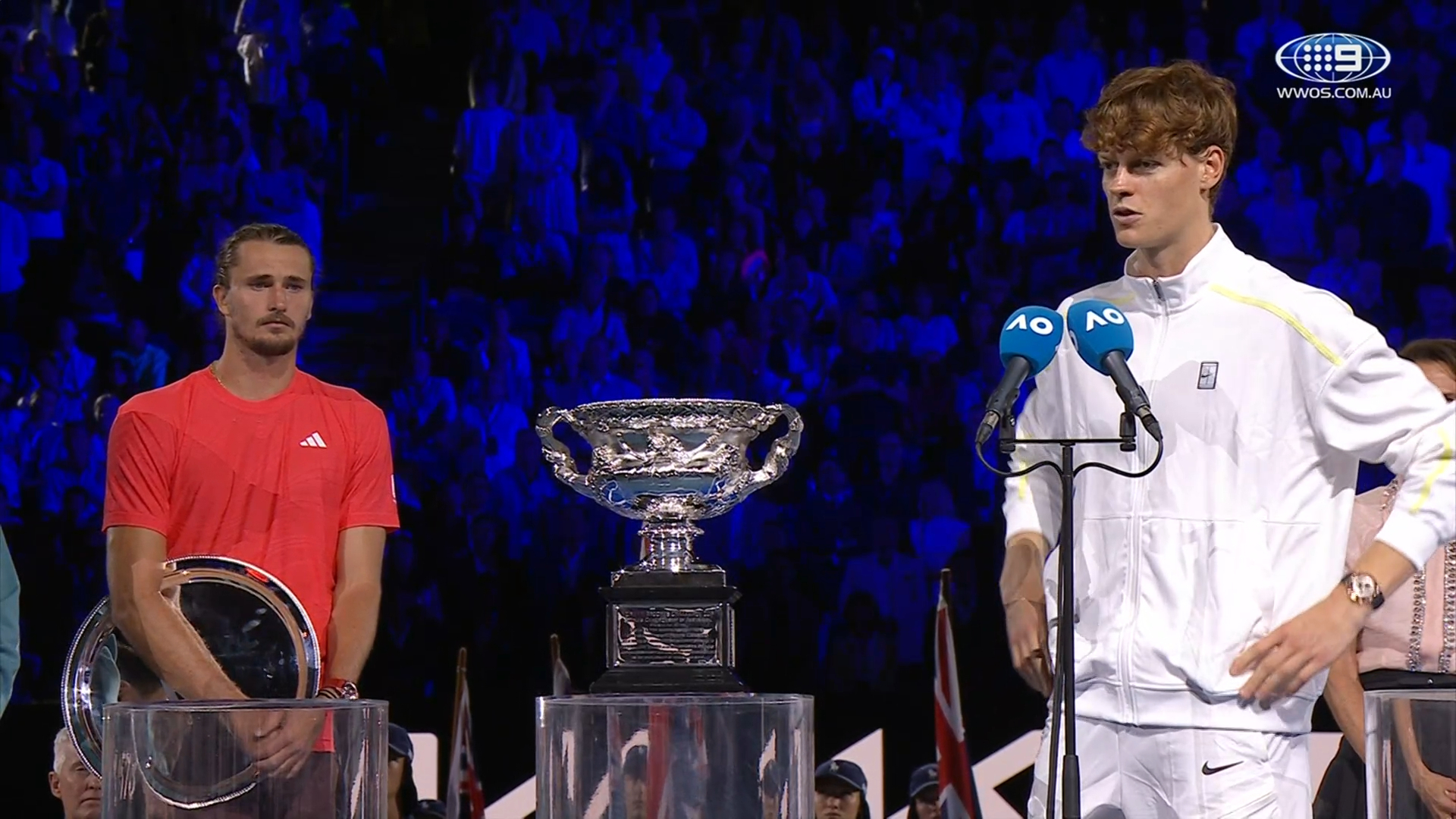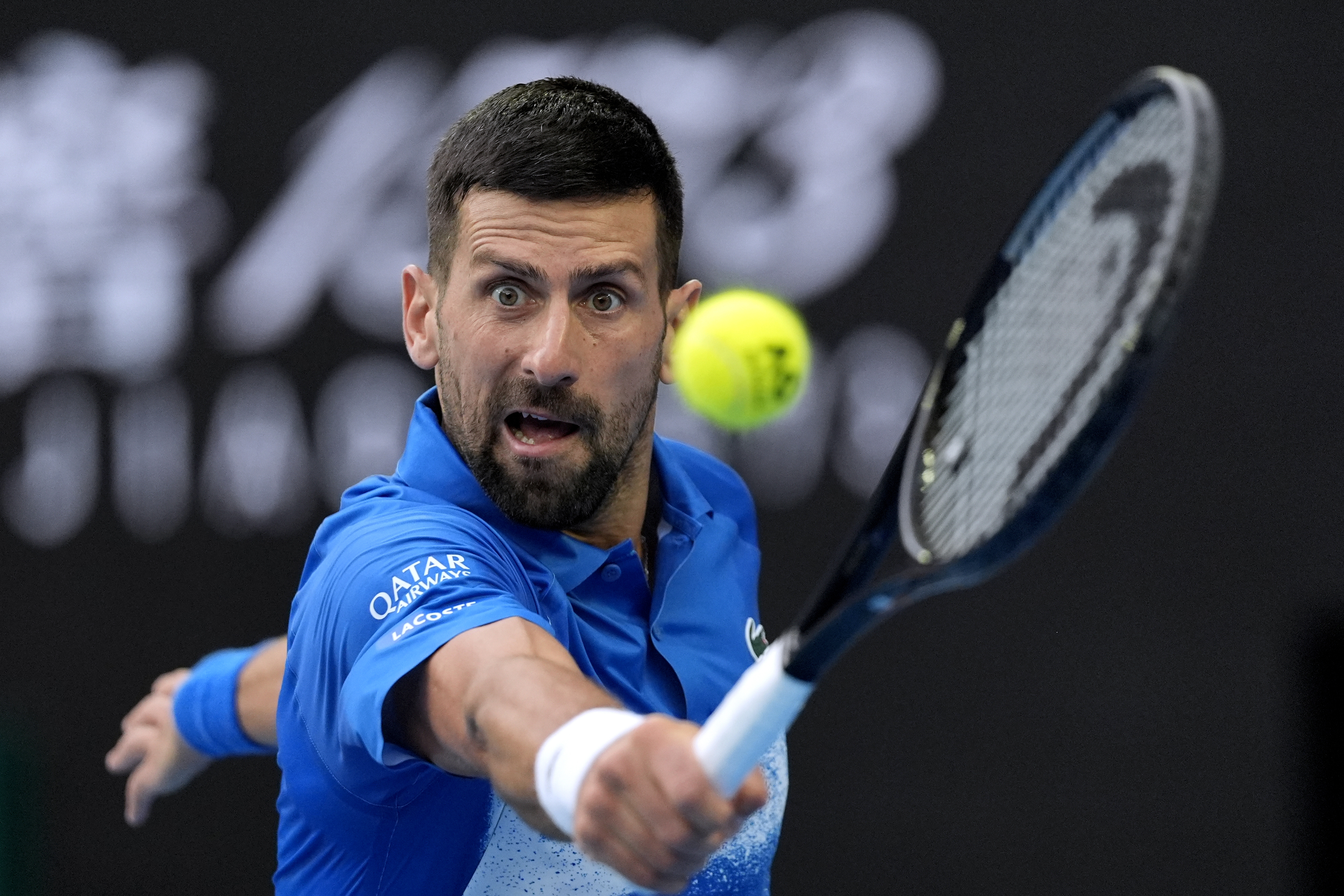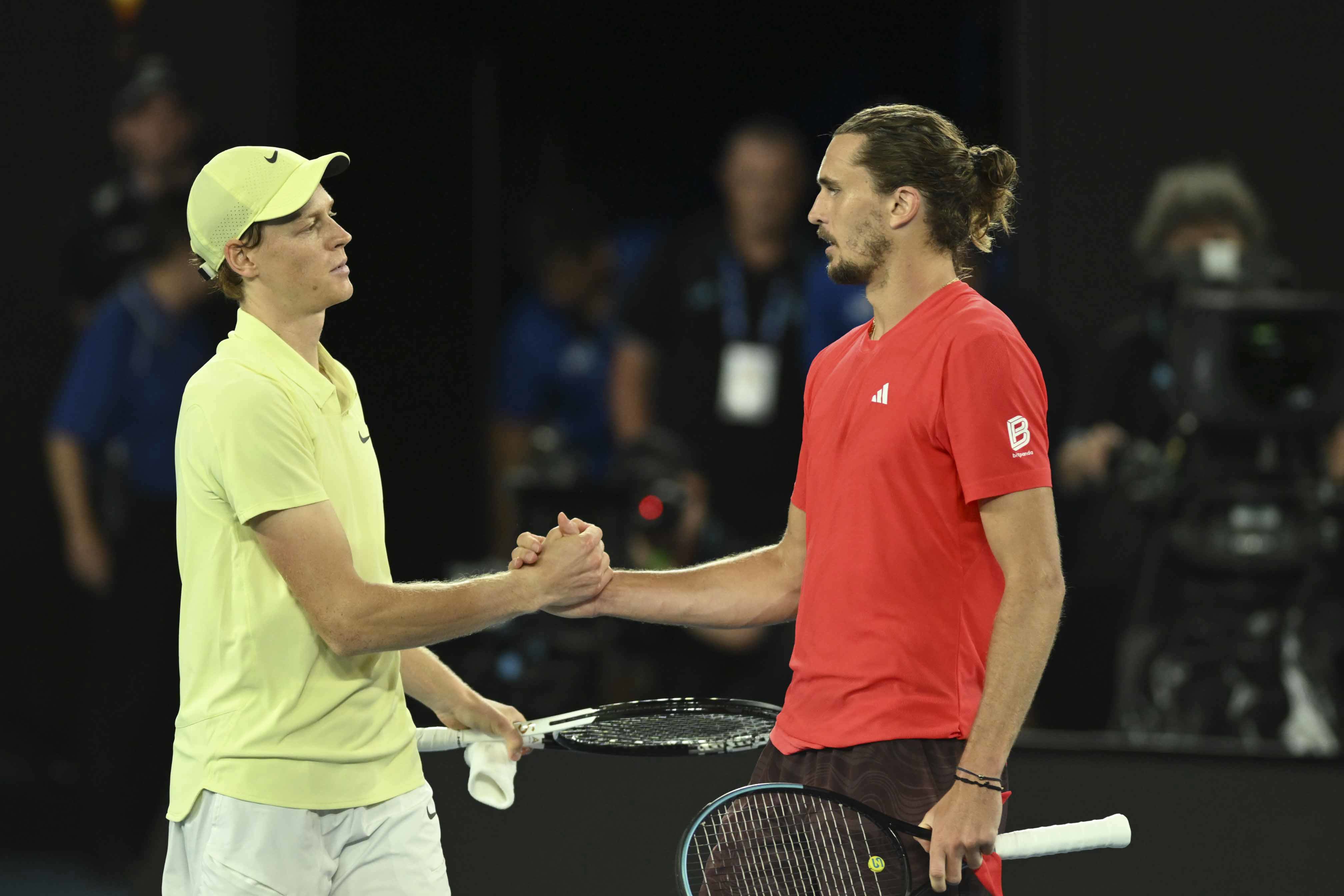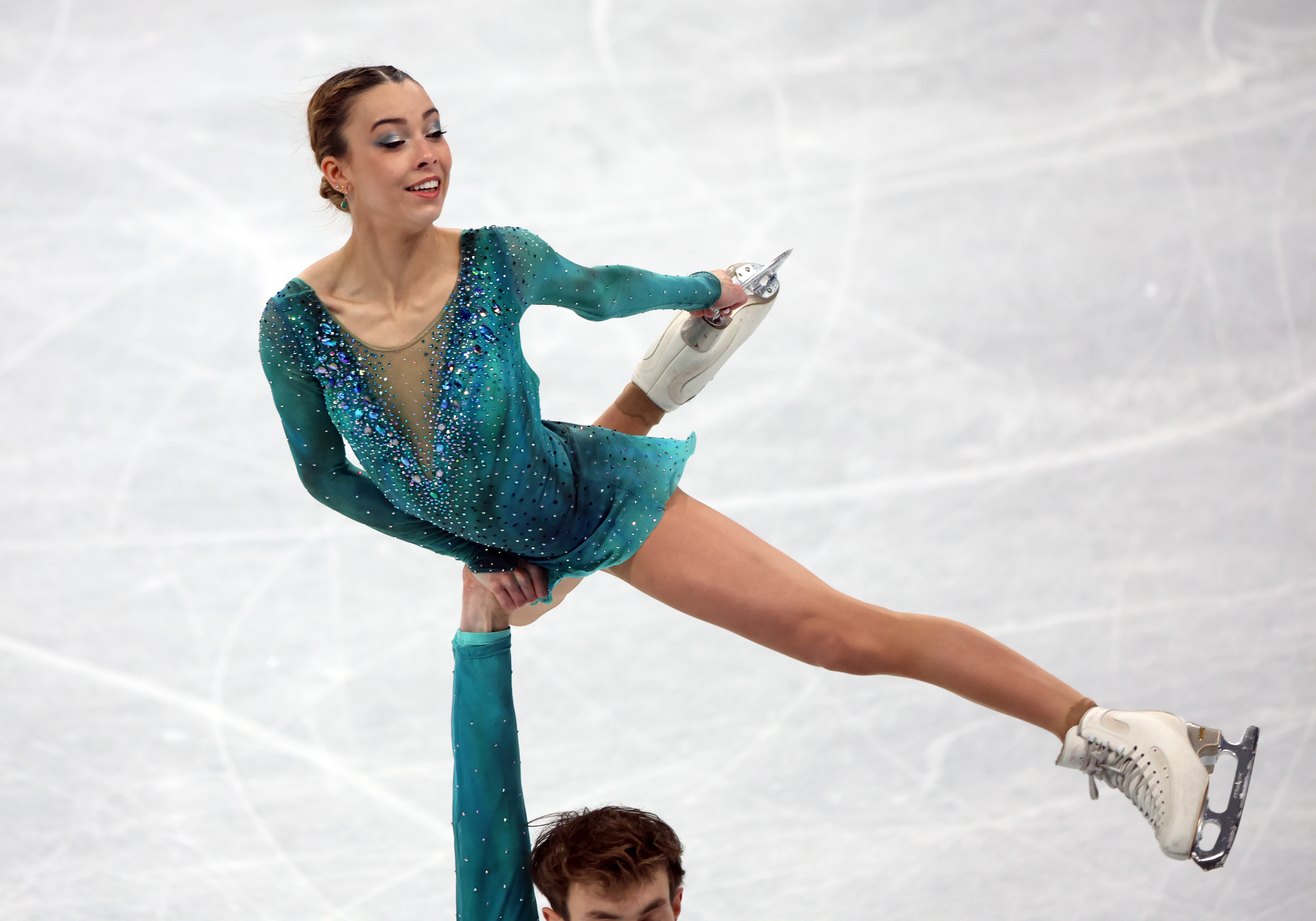Novak Djokovic has again called for changes to tennis’ adjudication of anti-doping matters, declaring “favouritism” and access to “top lawyers” can swing the outcome of doping cases in the sport.
Speaking in the aftermath of Jannik Sinner’s three-month suspension handed down by WADA, the 24-time grand slam champion said lower ranked players were not given the same considerations as players like Sinner and former women’s world No.1 Iga Swiatek.
“There’s a majority of the players that I’ve talked to in the locker room, not just in the last few days, but also last few months, that are not happy with the way this whole process has been handled,” Djokovic was quoted by Il Tennis Italiano on Monday.
READ MORE: Prodigy halfback rockets into NRL’s top 50
READ MORE: NBA star ‘in the process’ of bold Boomers switch
READ MORE: Maligned coach’s son shocks legend in ‘outstanding’ trial
“A majority of the players don’t feel that it’s fair. A majority of the players feel like there is favouritism happening. It seems like, it appears that you can almost affect the outcome if you are a top player, if you have access to the top lawyers.”
Djokovic said the system needs to be overhauled, especially with how lesser known players face years trying to clear their names.
Former No.1 Simona Halep initially was banned for four years after testing positive for the banned drug Roxadustat at the 2022 US Open, then had that penalty reduced to nine months on appeal — although she already had been off the tour longer than that.
Watch all the action from the 2025 Super Rugby Pacific season on Stan Sport, the only place to watch every match ad free, live and on demand
She was supposed to compete at Melbourne Park for the first time in three years but withdrew from qualifying because of knee and shoulder pain.
“Simona Halep and (Britain’s) Tara Moore and some other players that are maybe less known that have been struggling to resolve their cases for years, or have gotten the ban for years,” said Djokovic.

“There is so much inconsistencies between the cases.”
Sinner is set to retain his world No.1 ranking despite serving the three-month anti-doping suspension until early May.
The man he lost to in the Australian Open final, Alexander Zverev, called the ban “weird” if the Italian was not actually at fault.
Sinner’s camp have repeatedly claimed the illegal substance was ingested accidentally through a cream used by his physio.
“It’s a weird situation because it’s been obviously a very long process where first he is cleared, then obviously WADA wanted to have a second look at it and stuff like that. To me, I think, you know, there’s two options.”
He added: “Either you’re at no fault and you should get no suspension at all. Because if you have no fault, then you have no fault. You shouldn’t get punished. But if you do have fault, then I think for taking steroids, three months is not a suspension.
“So for me, it’s either you have to decide was it his fault or was it not his fault. If it’s not his fault then he shouldn’t get a three-month suspension but if it is his fault then this is weird in a way.
“The whole process, the whole situation that has been there for the past year almost it’s been just strange”.
Djokovic has been vocal about change to the sport’s anti-doping system for some time and said it needs to be structured differently.
“Right now it’s a ripe time for us to really address the system, because the system and the structure obviously doesn’t work (for) anti-doping, it’s obvious,” he said.
“I hope that in the next period of the near future that the governing bodies are going to come together, of our tours and the tennis ecosystem, and try to find a more effective way to deal with these processes.
“It’s inconsistent, and it appears to be very unfair.
“If you are going to treat every case individually or independently, which is what’s happening, then there’s no consistency, then there is no transparency, and some cases are transparent, some are not,” he continued.
“The problem is that right now there is a lack of trust generally from the tennis players, both male and female, towards WADA and ITIA, and the whole process.”
In response to the uproar to Sinner’s ban, WADA offered an explanation for why the world No.1 received a much shorter doping ban than the six-year suspension it handed to a Spanish figure skater in a similar doping case.
Spanish media has been calling attention to the lengthy ban handed to skater Laura Barquero after she tested positive for the anabolic Clostebol, the same substance that earned Sinner the suspension.
WADA pointed out that while both cases involved the same substance, the specific facts related to Barquero’s case were “very different” to Sinner’s.
“The fundamental difference between the two cases is that Ms Barquero’s version of how the substance entered her system was unconvincing in light of the evidence, such that the circumstances remained unknown as far as WADA was concerned,” WADA said in an email sent to The Associated Press.
“In contrast, in the Sinner case, the evidence clearly confirmed the athlete’s explanation as outlined in the first instance decision.”
Barquero first tested positive for Clostebol during the 2022 Winter Olympics, then again in January 2023 in an out-of-competition test carried out by the International Skating Union. WADA eventually entered into a “case resolution agreement” in which the athlete was suspended for six years. It said the agreement was accepted and signed by WADA, the ISU and the athlete herself.
“If Ms Barquero did not agree with the proposed sanction, she was not obliged to sign the case resolution agreement and was free to take the case forward for hearing at CAS,” WADA said.
Barquero was expected to make a public comment as her Instagram account republished several stories calling attention to the discrepancy in the punishment given to her and to Sinner.
– with AP



